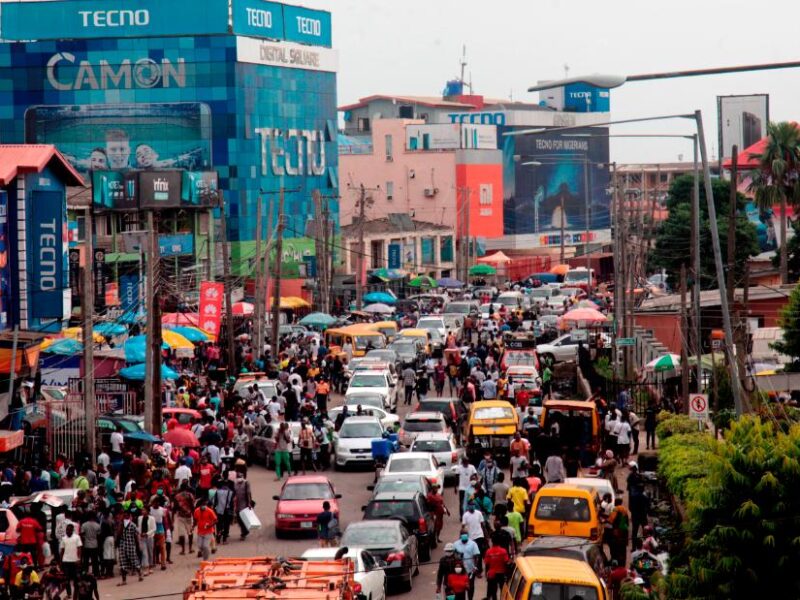Nigeria is oil rich and energy poor. It can’t wait around for cheaper batteries

Africa’s biggest economy has 206 million people, The On the other hand, the cost of renewable technologies is rapidly declining. According to the International Renewable Energy Agency, the cost of large, utility-scale solar projects decreased 82% between 2010 and 2019, while the cost of onshore wind fell by 40%. The cost of electricity storage technologies — which will be crucial to facilitating “deep decarbonization” including in sectors such as transport and construction — are also expected to fall considerably by 2030.Africa is well positioned to benefit. The continent’s estimated potential to generate renewable energy from existing technologies is 1,000 times larger than its projected demand for electricity in 2040, according to IRENA.”Renewable energy — including green hydrogen — could replace African exports of coal, oil and gas,” it said in a recent “In many emerging and developing economies, emissions are heading upwards while clean energy investments are faltering, creating a dangerous fault line in global efforts to reach climate and sustainable energy goals,” IEA executive director Fatih Birol said in a recent report.”Countries are not starting on this journey from the same place — many do not have access to the funds they need to rapidly transition to a healthier and more prosperous energy future, and the damaging effects of the Covid-19 crisis are lasting longer in many parts of the developing world,” he added.In the race to solve the climate crisis, there’s a clear risk that the development needs of poor countries are sacrificed in pursuit of global emissions goals. Nigeria could be a testing ground.




